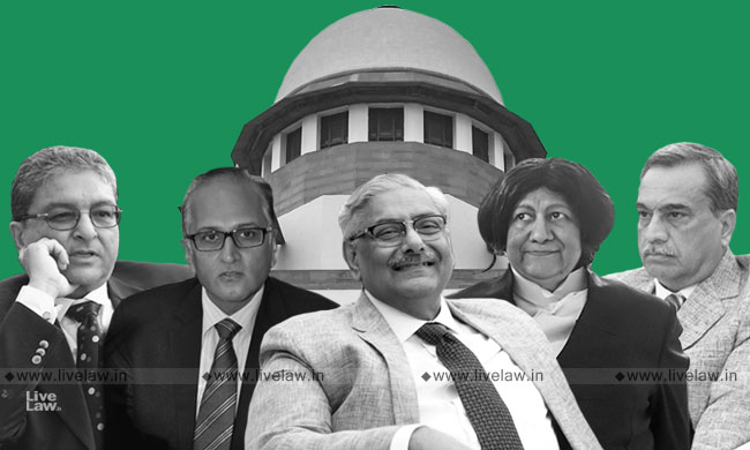The Constitution Bench of the Supreme Court on Thursday continued the hearing in the Indore Development Authority case on the interpretation of Section 24 of the Right to Fair Compensation and Transparency in Land Acquisition, Rehabilitation and Resettlement Act 2013. "Possession is taken, compensation not paid, but development has been carried out. Then the acquisition should go? A project...

